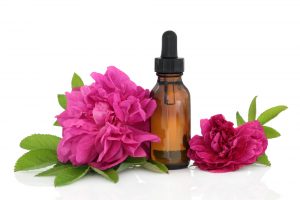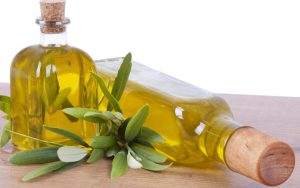Ask the average American to define herbs and he or she will tell you that herbs are green leaves that have some medicinal properties. Some may even add that herbs like Thyme and Sage are used for cooking. This is how most people define herbs; which is quite good knowledge considering that most folks are ambivalent about the actual use of herbs in their own lives.
A herb (the word rhymes with ‘curb’) is a plant that is grown for medicinal or culinary value.
Typically, the green leafy part of the herb is used, occasionally roots also are put to use. A culinary herb is non-woody and soft. Used for their aromatic flavor and texture, culinary herbs include bay leaf, basil, chervil, oregano, parsley, rosemary, sage, tarragon and thyme.
The world of medicinal herbs is even more diverse and surprising. Even the most innocuous looking leaf blade may possess a treasure trove of medicinal properties. A medicinal herb is generally a shrub or other woody plant used for therapeutic purposes. Herbalism or Phytotherapy is the practice of folk or traditional medicine that aims to cure “dis-eases” in the body using plants and the active constituents found within them.
This resurgence of interest in herbs was brought about by various systems of holistic healing. Now, more than ever before, people are beginning to realize that good health does not refer to an absence of disease. Rather, it is a balance of physical, mental, emotional and social wellness. Herbal health care is becoming increasingly popular because herbs provide natural stimulants that activate the body’s own defense mechanisms.
When orthodox medicine took over the reins of mainstream health care, herbs and their medicinal values got relegated to the background. One reason could be the problem of availability. Another more important reason is that unlike a pill or a tonic, herbs usually take more time to bring about an effect.
Due to our sedentary lifestyle, processed foods and industrial advances, we have managed to discover a large number of chronic illnesses that were virtually unknown in the past. Medicines used to treat these diseases have side effects. In time, these medicines also become ineffective as the human body develops a resistance to the medicine. After battling it out for many years, practitioners of conventional medicine are finally willing to admit that herbal extracts are an effective source of healing.
Herbal medicines provide a healing system that is in tune with nature. The medicines are characterized by simplicity, depth and effectiveness. They are cost effective too. Absence of side effects also greatly enhances their allure.
Some interesting uses of herbs are:
- Chamomile tea sipped slowly throughout the day helps decrease acidity and soothes the digestive system.
- Alfalfa is a highly nutritious herb as it is a natural source of vitamins and minerals.
- Valerian root can be used to treat insomnia
- Two fresh garlic cloves taken at night increases ones resistance to flu and colds.
- Feverfew is a herb that if taken consistently, effectively reduces the frequency of migraines.
Herbs, like any drug, bring about a physiological change in the body. If taken continuously for prolonged periods, they may affect the body’s natural ability to heal. The aim of herbs is to bring the body back into ‘balance’ so that there is no longer any need for medicine. Herbal medicines may not be the best, pure or only form of medicine. Indeed, it should be used as a complementary medicine that helps doctors achieve the most important goal of all – that of total cure in the easiest, most effective and shortest route.







Be First to Comment